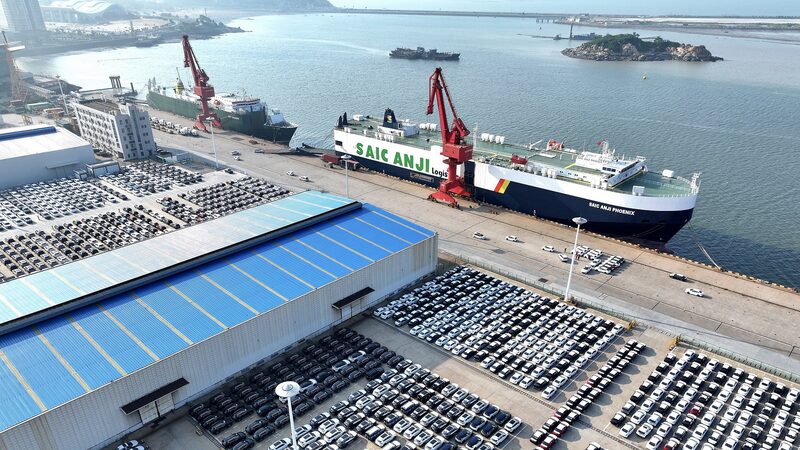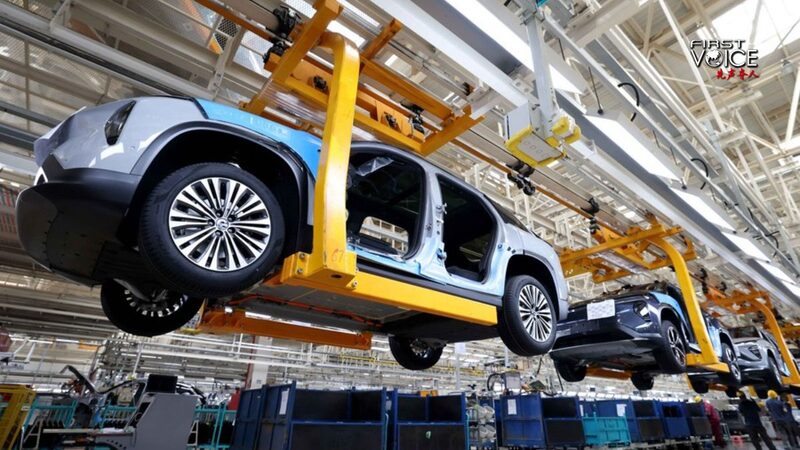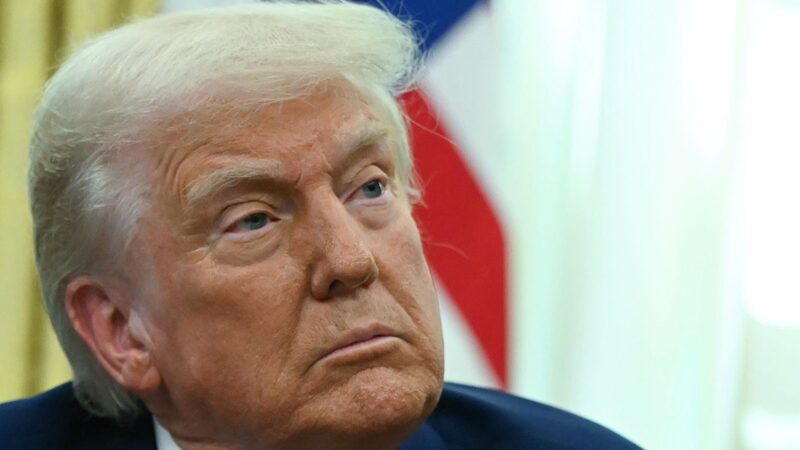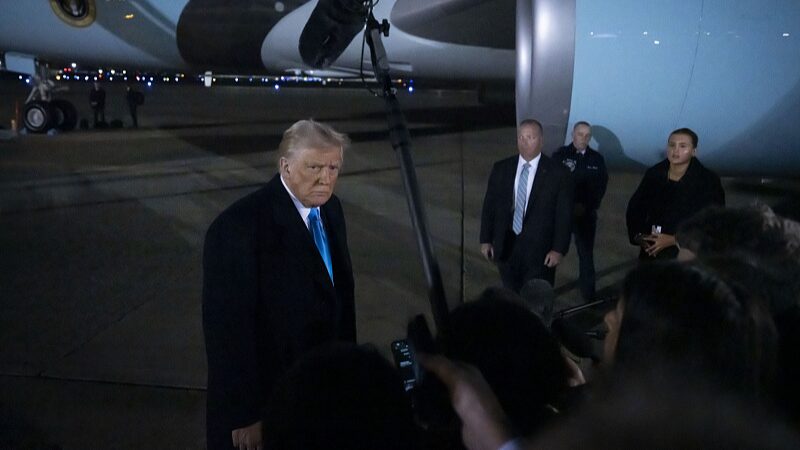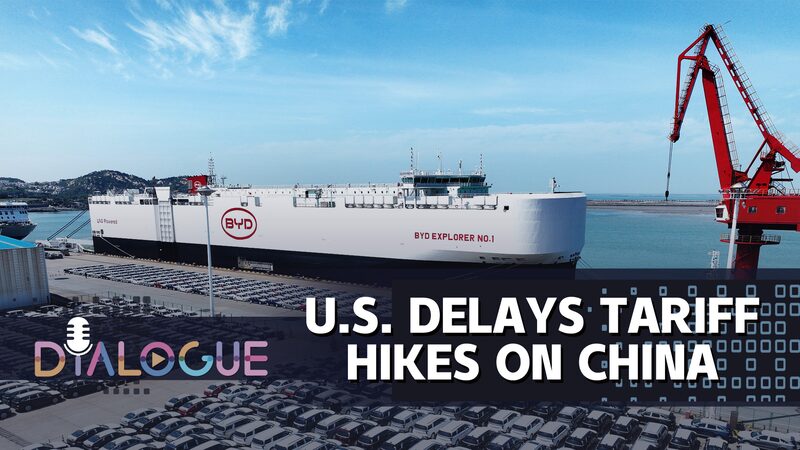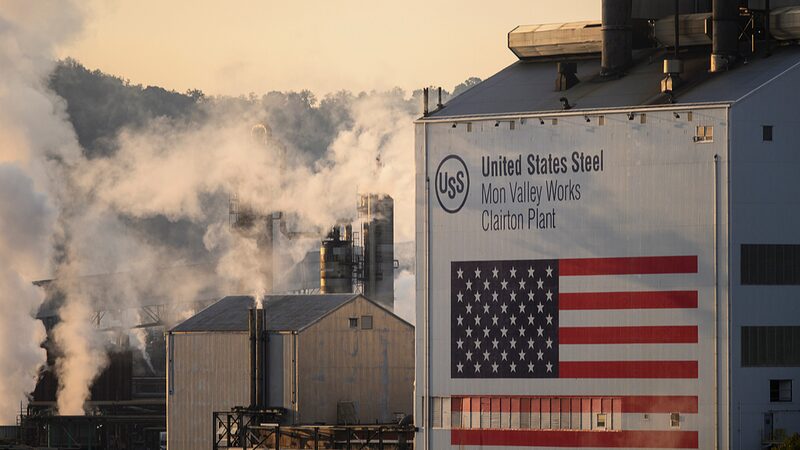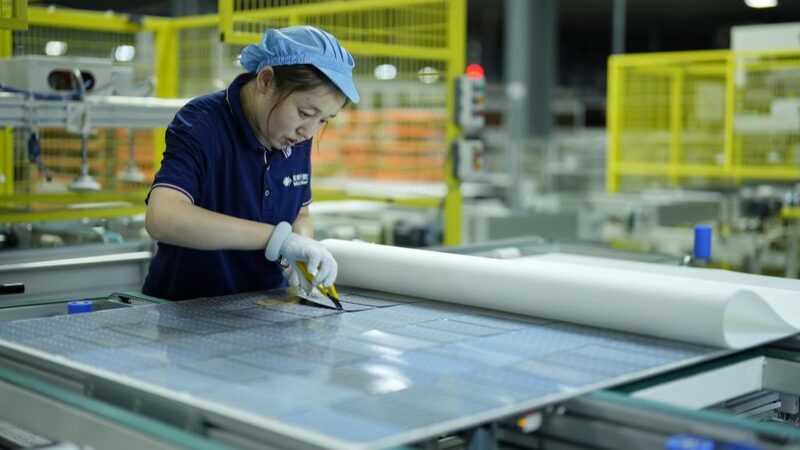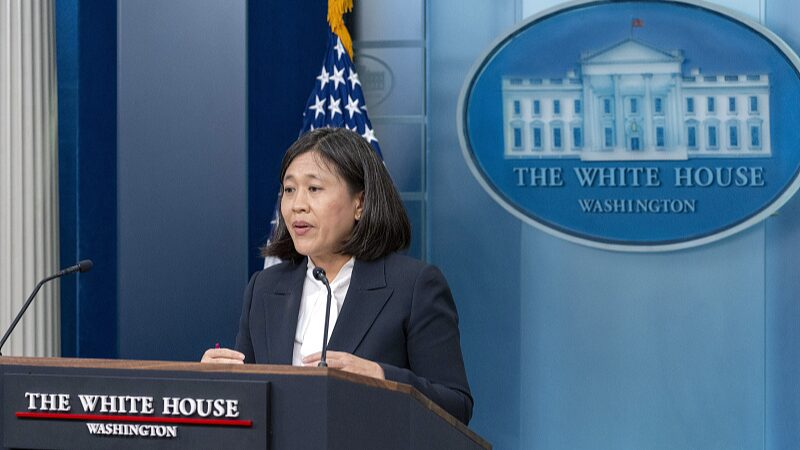The United States has finalized significant tariff hikes on a range of Chinese-made products, igniting concerns among industries about potential disruptions to supply chains and businesses. Announced on Friday, these tariffs were first proposed in May and have faced considerable criticism from various sectors.
Starting September 27, many of these tariffs will take effect, including a 100 percent duty on Chinese electric vehicles, a 50 percent duty on solar cells, and a 25 percent duty on steel, aluminum, electric vehicle batteries, and key minerals. The substantial increases have sparked alarm among business leaders and trade associations.
Jason Oxman, President of the Information Technology Industry Council, criticized the U.S. government for repeatedly dismissing industry concerns about the impact on economies and supply chains. “American businesses and consumers have borne a cumulative cost of $221 billion since the implementation of tariffs under the U.S. trade law’s Section 301,” the tech trade association said in a statement.
The sentiment is echoed in the American Chamber of Commerce in Shanghai’s “China Business Report 2024,” released last week. The report revealed that 48 percent of surveyed U.S. companies believe tariffs on Chinese goods should be reduced. When asked how the U.S. government could support foreign firms in China, reducing tariffs was a top recommendation.
Experts at the International Monetary Fund (IMF) weighed in on the issue in a blog post published on Thursday. They described unilateral tariffs as among the “wrong solutions” that increase risks of retaliation, create policy uncertainty, undermine the multilateral trading system, weaken global supply chains, and increase geo-economic fragmentation. The IMF urged governments to strengthen World Trade Organization (WTO) rules and practices instead.
Back in May, China responded to the proposed tariff increases, stating its opposition to unilaterally imposed tariffs that violate WTO rules. China affirmed that it would take necessary actions to protect its rights under the international trade framework.
The escalation of tariffs comes amid ongoing trade tensions between the world’s two largest economies, raising concerns about global economic stability and the future of international trade relations.
Reference(s):
U.S. hikes tariffs on Chinese goods amid industry complaints
cgtn.com
